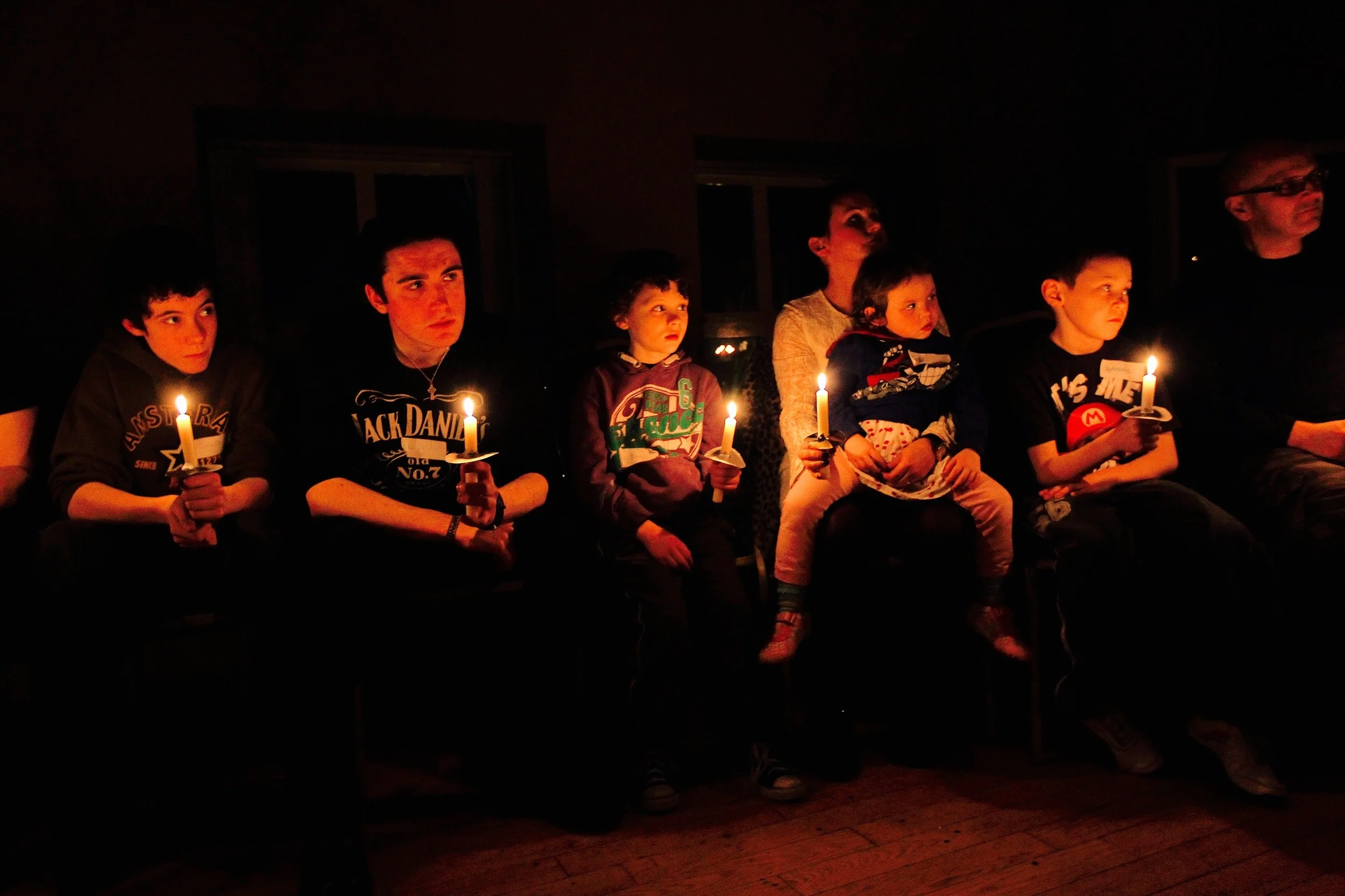A Monster Calls tells the story of a young boy, Conor, whose devoted mother is terminally ill. He is struggling to come to terms with the inevitable loss, all the while dealing with an overbearing grandmother, an estranged father, and cruel playground bullies.
If you haven't suffered a bereavement, sometimes you can be tricked into thinking people only have to deal with the loss itself. This film shows the reality of grief, and how you can be juggling everything in your life, especially when only a child. You can be forced to grow up too quickly, worry about things that are beyond your years, and take on the role as head of house. The story tells of, "a boy too old to be a kid, too young to be a man".
To be honest, this film was heart-wrenching to watch, and painful if you have ever suffered a bereavement yourself. It can drag up feelings you thought had been buried deep and you wouldn't have to face again. As upsetting as the film is, it's important to watch to understand the child's perspective in a bereavement. You need to put them first and listen to their needs. You can't assume what's best for them as they only know this themselves. In the film, the father tells Conor, "I'm sorry you have to face this, but you have to be brave". No thirteen year old boy should be told they have to be brave when they're losing the only parent who is there for them. Nobody should be told they have to suck it up and get on with it. If you need to cry, then cry. If you need to scream, then scream. And if you need to break things, then break them.
Everybody copes with bereavement in their own way, and you can't tell someone how to deal with it. The mother was the only person who understood how he felt, and she was the person he was losing. He didn't want her to go, but he wanted the pain and the suffering to be over, which is okay. You're not a bad person for wanting a bad situation to be over, it just means you're human. The mother told Conor, "It's okay that you're angry, I'm angry too", and it really is okay to be angry.
Where does the monster come in? He visits Conor and tells him three tales, and at first Conor fails to see the point in any of it. It soon shows that the monster is here to help Conor through all the pain of losing his mum, and allows him to accept that she is gone.
The film was beautifully made, and gut-wrenchingly effective. If more people watched this film, then young people would be a lot more understood when facing a bereavement.
"Of course you are afraid, but you will make it through."






